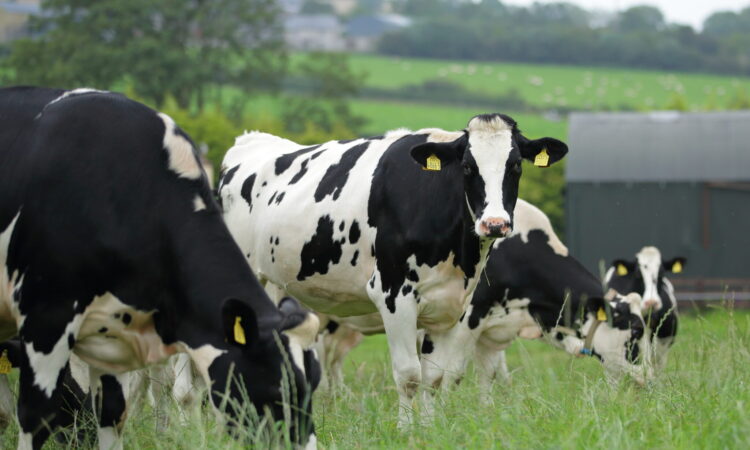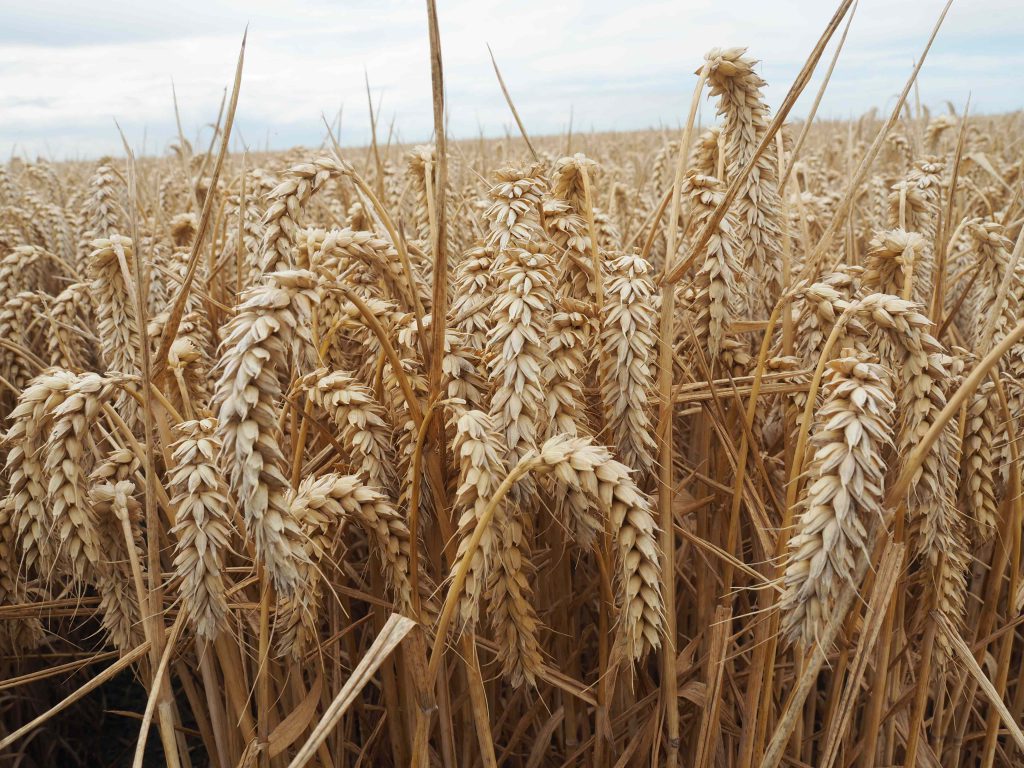
Danske Bank’s head of agribusiness, Rodney Brown, has confirmed a ‘steady as she goes’ perspective for most farm sectors in Northern Ireland at the present time.
He is also indicating that farmers must act to continually improve efficiency levels within their own businesses. This will entail an ongoing review of all input costs and income streams.
“Farmers cannot control international commodity markets. However, they have a total say over what happens within the confines of their own businesses.
“The scope to drive further improvements in performance and efficiency levels across all sectors remains more than significant. These opportunities must be grasped,” Brown said.
Danske Bank
According to the Danske Bank representative, farm support schemes represent a critically important income stream for all farm businesses.
Significantly, the coming months will see a transition from the existing basic payment scheme to the new Farm Sustainability Payment measures.
“Large numbers of local farming businesses are very dependent on the support measures available. This has been a reality for many years.
“Looking ahead, it is vitally important for farmers to maximise the income opportunity that will be on offer courtesy of the new measures set to be rolled out over the coming two years,” Brown explained.
Most dairy and livestock farmers will be very aware of the forage-related challenges created by the much longer than normal winter feeding season that they have just come through.
“Lessons have to be learnt from these experiences. Our changing weather patterns are creating wetter and longer winters.
“It makes sense that farmers prepare accordingly, and fundamentally, this means making sufficient silage,” he added.
Milk price
Reflecting on the current business status of the various farming sectors, Brown said that milk prices had stabilised and that the prospect of some improvement in milk markets is on the cards.
“Most dairy farmers are now receiving a milk prices in the region of 38 to 39c/L. This includes bonuses for fat and protein.
“The accepted breakeven price for milk is in the region of 36c/L. Farmers are slowly getting back to a situation where they can invest in the future of their businesses.
“Recent reductions in feed and fertiliser prices are helping the transition to a more sustainable scenario for the dairy sector. Feed costs, in particular, have a very significant impact on profitability levels within the milk industry,” he said.
Where beef and lamb are concerned, the bank representative confirmed that farmers are enjoying record prices.
“There is no prospect of this scenario changing, certainly in the short-term.
“However, the prospect of red meat imports from New Zealand coming on to the UK market later in the year must be take account of as beef and sheep farmers look to the future,” the bank head added.
Poultry and pigs are also recording high levels of sustainability at the present time.
“Northern Ireland’s egg sector is extremely buoyant at the present time, while pig farmers are enjoying the win-win scenario of excellent prices and fast falling feed costs.
“The pig sector is very volatile in nature. However, local producers are well capable of managing these ebbs and flows,” Brown said.
However, it’s not all good news. Brown admitted that the arable, potato and vegetable sectors are under very significant economic pressure at the pressure at the present time.

“Growers have been at the mercy of the extreme weather that has characterised the past 12 months.
“Cereal growers experienced a very difficult harvest last year. And this has been followed by a very late spring planting season in 2024.
“These exact same challenges have confronted potato and vegetable producers. It’s very much a case of hoping that the weather picks up for the rest of the current growing season,” he explained.





